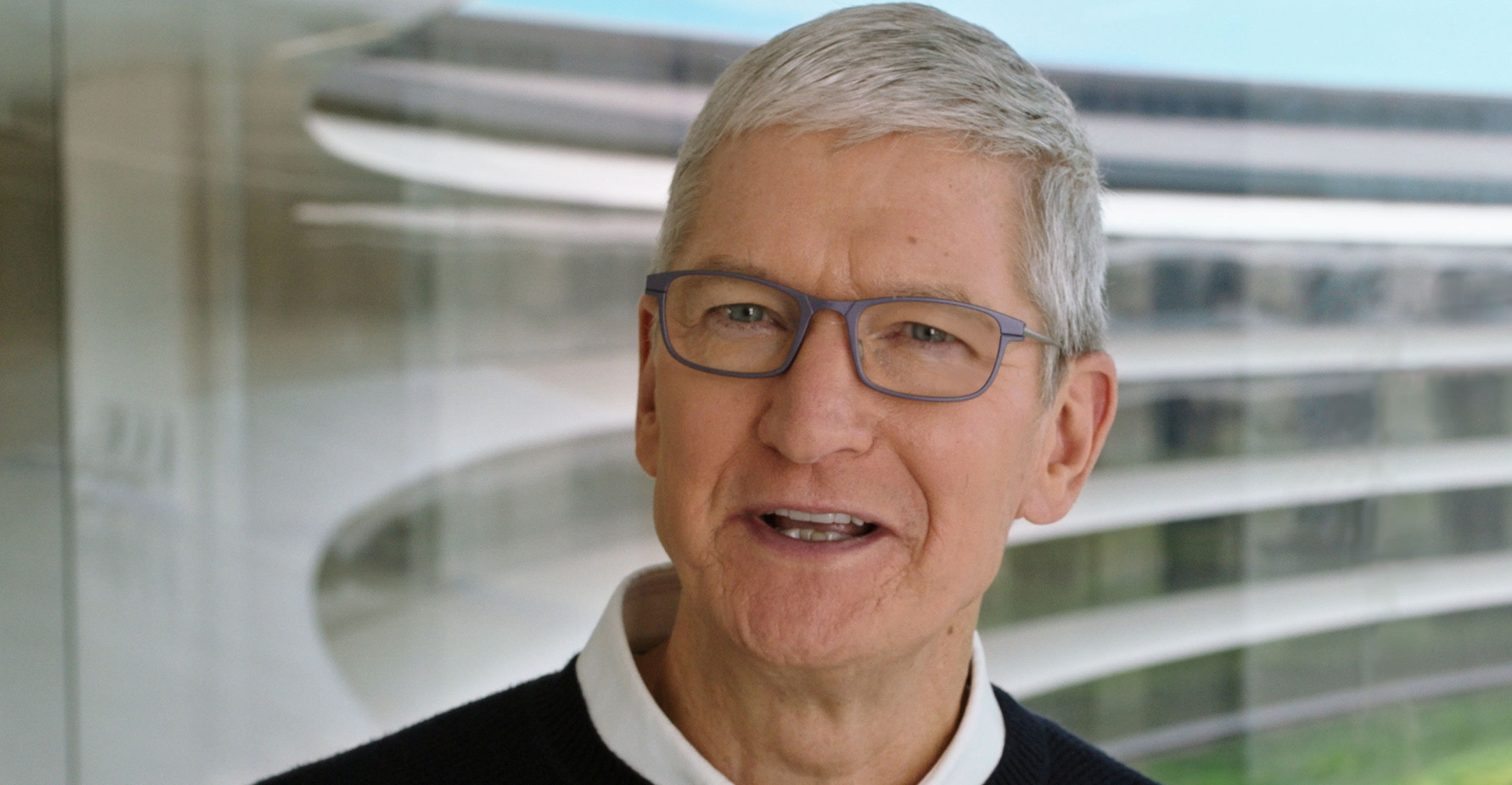 It’s time for Apple to get off its easy-money addiction and go for a bigger score: developing its own search engine.
It’s time for Apple to get off its easy-money addiction and go for a bigger score: developing its own search engine.
For years, the smartphone maker has benefited financially from a lucrative deal in which Google paid Apple billions of dollars to be the default search engine option on iOS devices. However, the arrangement isn’t likely to survive in a world of rising antitrust scrutiny. That’s why Apple should proactively get ahead of any risk and make its own offering. The move would help appease regulators but also be a smart one for its main business.
The numbers in the Google search deal are becoming too egregious. Last week, Bernstein raised eyebrows when it updated its latest projections on the accord. The firm estimated Apple will receive US$15-billion from Google this year, increasing to as much as $20-billion next year.
In fact, the distribution payments were a centrepiece of last October’s US department of justice antitrust lawsuit against Google, for good reason. It makes it nearly impossible for a smaller start-up to get a foothold in the market where Google has a monopoly-type hold. According to StatCounter, the Internet giant has 92% of the global search engine industry. And with the payouts only inclined to soar further, I don’t see how this blatantly anticompetitive practice can stand in court.
Blessing
But an end of the partnership may turn out to be a blessing. Search is one of the few large technology markets that can move the needle for a multitrillion-dollar company like Apple. Bernstein says Google generates more than $50-billion in revenue from iOS customers. So, why not take out the middleman and get a larger part of the pie? With an active iPhone user base of more than a billion and a robust balance sheet, Apple is perhaps the only company that has the scale and resources to be a viable rival to Google.
The market could certainly use more players. While Amazon.com has made progress in monetising product search results, its efforts remain primarily focused on online shopping ads. The general search industry hasn’t seen much competition or innovation over the past decade.
Here’s another positive: Apple would become more intellectually honest about its pro-privacy credentials. CEO Tim Cook has repeatedly blasted digital advertisers for their lack of transparency over their exploitative practices — including tracking activity behaviour and acquiring vast troves of personal users’ data — all the while extolling the virtues about how his company puts privacy first. That is hypocritical when Apple takes money from Google, which is known for some of same things Cook has criticised. By creating a search engine with better privacy protections, Apple can truly live up to its principles.

Most important, making a huge investment in search capabilities can make Apple’s main products more attractive. Unlike its car initiative, the engineering required is similar to the mobile software and cloud services work Apple already does. Because it is an adjacent area, any expertise acquired can enhance its technology capabilities elsewhere — from artificial intelligence to voice recognition — making owning an iPhone or iPad a better experience.
Sure, it’s not going to be easy to beat Google. But with a dual upside of possibly adding tens of billions in revenue and the prospect of improving the stickiness of its core products, Apple should certainly give it a try. — (c) 2021 Bloomberg LP




